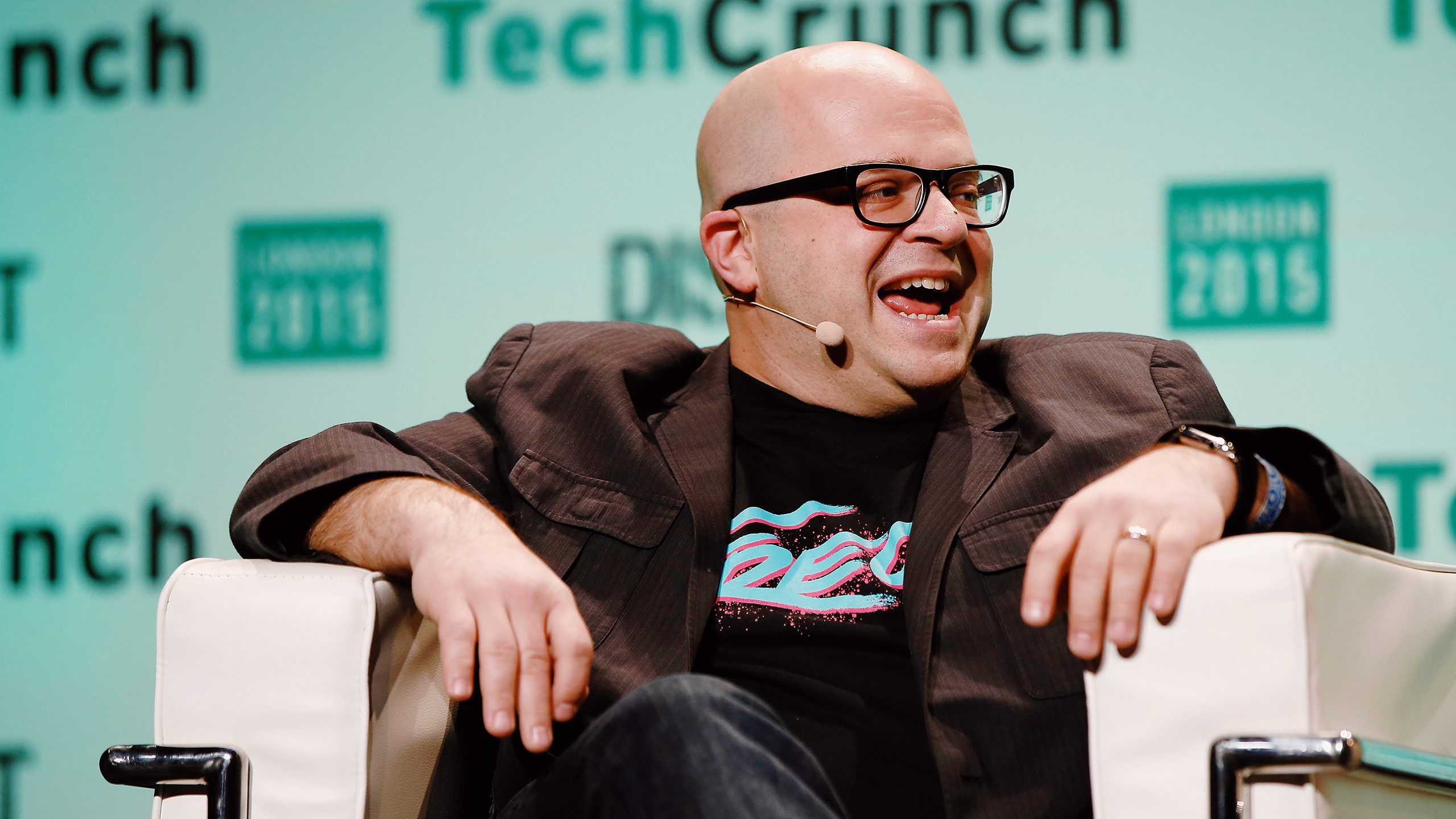Twilio CEO Resigns Amid Activist Push
Twilio CEO and co-founder Jeff Lawson says he’s step down following a protracted battle with a pair of persnickety activist investors.
Sign up for smart news, insights, and analysis on the biggest financial stories of the day.
Activist investors have their latest scalp.
On Monday, Twilio CEO and co-founder Jeff Lawson said he’d step down following a protracted battle with a pair of persnickety activist investors. Whether the move works or not, one thing is clear: activist investors have never been quite this active.
Active Measures
Silicon Valley shareholders have by and large grown tired of growth-over-profits strategery, putting companies like Twilio in their crosshairs. Revenue growth slowed in recent quarters, and the communication software company’s share price has plummeted from a $435 peak in September 2021 to around $70. Asset management firms Anson Funds and Legion Partners built up stakes last year, and in November, according to a CNBC report, Anson sent a letter to the board calling for everything from divesting its data and applications business unit to selling the company altogether. And after Lawson’s founder shares, which included special board voting rights, expired last year, the CEO became especially vulnerable to outside pressure.
Lawson will be replaced by CFO Khozema Shipchandler, who reportedly spearheaded a push into profitable growth for Twilio’s communications business unit, its largest and most important.
Lawson, who led the business since 2008, should at least take comfort in knowing that he’s in good company of CEOs ousted by activists:
- Activist investors waged 252 campaigns across the globe last year to oust directors or force the sale of a company, according to investment bank Lazard’s annual report on activist activity. That’s up 7% from 2022, and the highest mark on record.
- That includes a record 77 campaigns launched by first-time activists, well above a five-year average of 44. Meanwhile, according to the report, a record 31% of board seats were won via proxy fights; 122 board seats were won overall in 2023, equal to the five-year average.
Activist Oroboros: The activist campaigns have spanned industries and companies small and large — especially large. Blue-chip, household-name companies like Starbucks and Salesforce have fallen into the crosshairs of investors looking to shake things up, while Bob Iger continues to stave off Nelson Peltz’s relentless drive for two Disney board seats. Activist icon Carl Icahn and his public investment company Icahn Enterprises even became the target of activist short-seller Hindenburg Research last year. Sometimes the snake eats its own tail.












